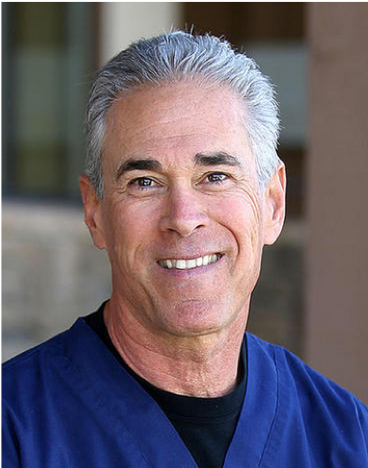What causes acne?
Acne is caused by plugged oil glands. At puberty, the oil glands in the skin start producing an oily material called sebum. This is discharged onto the skin’s surface. Sometimes the wall of the oil gland breaks and spills the sebum underneath the skin’s surface. The sebum irritates the skin tissues and causes redness, swelling, and pus. This is a pimple. At other times, the gland is blocked, but does not become inflamed. This results in either a “blackhead” or a “whitehead.” The tendency for oil glands to become plugged is partly an inherited feature that is “built into” you. However, certain factors may affect acne.
Factors that may worsen acne
- Physical factors: Pressure, friction, rubbing, and squeezing should be avoided. For example cradling the chin in one’s hands or prolonged friction from masks, musical instruments, athletic equipment, or clothing may aggravate acne.
- Vigorous cleaning: Special soaps, astringents, abradants, and cleansers are unnecessary, and when used excessively, may aggravate acne. Simply wash you face with mild ordinary soap and water no more than twice a day.
- Stress: “Nerves” are not the cause of acne, but stress can certainly make acne worse.
- Heavy oils: Exposure to heavy greases, tars, or oils may occur in certain occupational settings.
- Certain medications: Steroids, male hormones, certain oral contraceptives, lithium and possibly some seizure medications can worsen acne. The oral contraceptive Orval, in particular, will often worsen acne. Most other birth control pills actually improve acne. However, in the months following discontinuation of birth control pills, acne commonly flares.
Factors not affecting acne
- Diet: Acne is seldom affected by diet. However, if you have clearly noted an association between a particular food and your acne, avoidance of that food would be prudent.
- Dirt: The black color in some acne spots, (“blackheads”) is not a result of dirt. Gentle washing twice a day is all that is needed to treat acne.
- Oil on the skin’s surface: Oil on the skin’s surface does not cause plugging of oil glands. Thus excessive washing is unnecessary.
**Treatment tip: If you are bothered by excessive oil, instead of washing multiple times per day, dry the oil by pressing blotting paper to the skin without rubbing. “Beauty Blockers” by Mary Kay or regular cigarette paper work equally well for this purpose.
Factors of uncertain effect
Cosmetics: In recent years, various cosmetics have been felt to be bad for acne. Most researchers now feel that this role has been greatly exaggerated. While very greasy or oily substances clearly do make acne worse (for example, some hair pomades that come in contact with the forehead), normal cosmetics intended for facial application probably have little effect on acne.
However, if you have noticed any worsening of your acne after the use of oil-based cosmetics, then the use of oil-free or low-oil cosmetics would certainly be reasonable. Unfortunately, these water-based cosmetics do not last as long after application as do those that are oil-based.
How long does acne last?
Acne usually begins in the teens, gradually worsens, and then after a time, improves. It is impossible to predict how long you will have it.
Acne is a chronic problem often requiring many years of continuous care. Standard treatments can clear acne temporarily, but until you body outgrows its acne, continued therapy will be necessary, although at a less intensive level than initially.
Treatments
Your therapy will be tailored specifically to your needs, depending on your unique situation. It is important to realize that during the first few weeks of treatment, acne may sometimes actually appear worse. Do not despair, as it will soon improve.
Mild acne can be treated with medications applied to the skin only (any such medication is called a “topical medication”). Examples include topical antibiotics, benzyl peroxide, and tretinoin (Retin-A). Frequently these are combined with oral antibiotics. Topical medications should be applied before makeup is applied. They should be used over the entire face, not just over the pimples. A SEPARATE INFORMATION SHEET IS AVAILABLE FOR RETIN-A.
Moderate or severe acne can be treated with antibiotics given by mouth. Most often these are tetracycline, doxycycline or minocin. SEPARATE INSTRUCTIONS ARE AVAILABLE FOR THESE MEDICATIONS.
Office treatment
An important part of improving and maintaining the clearing of acne includes office procedures. These include acne surgery, microdermabrasion, and glycolic acid skin peels.
